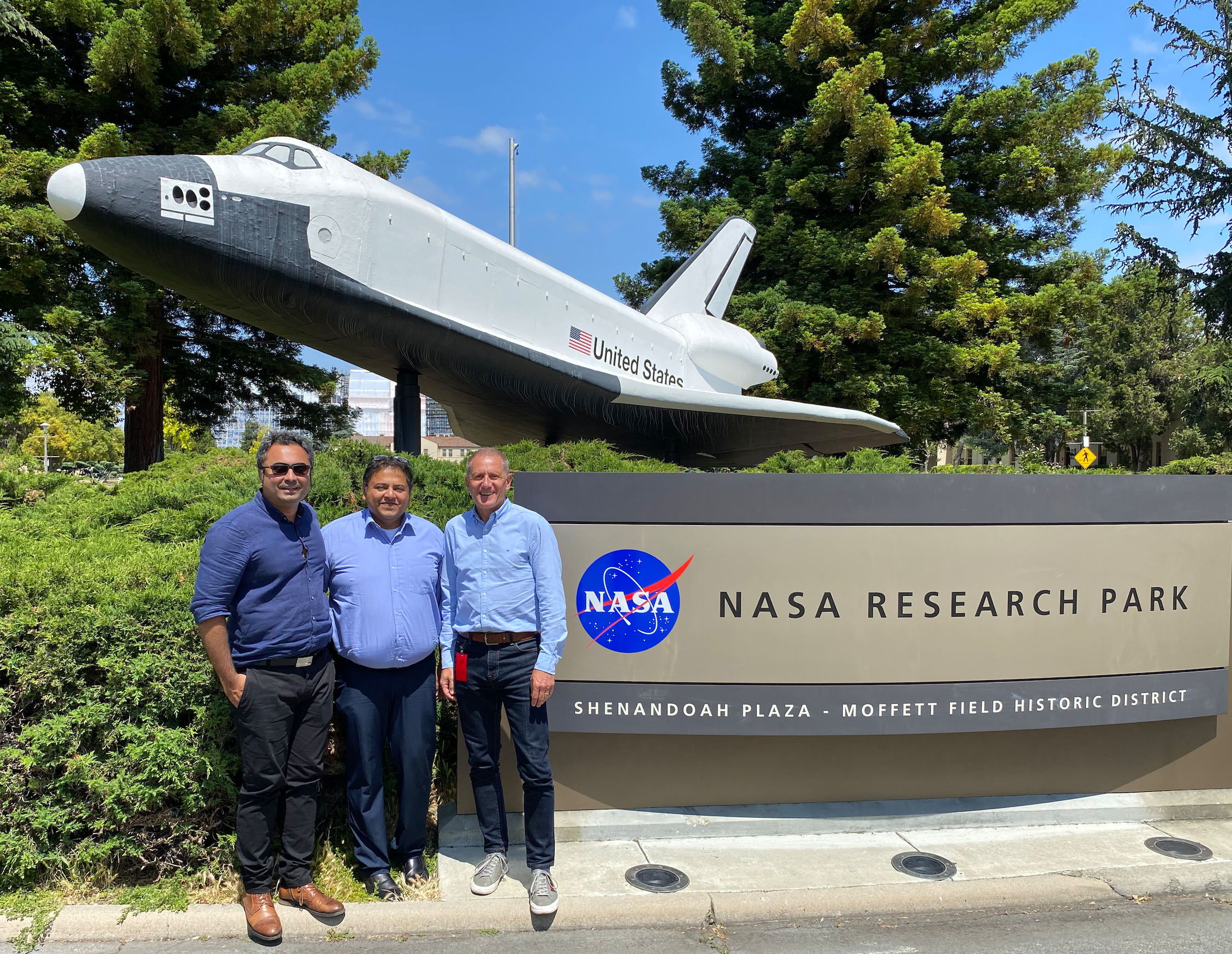Prof. Hugues Garnier
Contact
Phone: +33 (0)3 72 74 68 33
Email: hugues.garnierATuniv-lorraine.fr
Université de Lorraine
Polytech Nancy - CRAN
Bureau C314
2 rue Jean Lamour
54519 Vandoeuvre-les-Nancy Cedex
France
Latest News
- The World's top 2% of top scientists (November 2024) - My name is on this prestigious list !
I am very happy and honored to be listed, for the fifth consecutive year, in the "2024 World Ranking of Top 2% Scientists/Researchers" for career-long impact, announced on September, 7th 2024. Stanford University has recently published an update of the list of the top 2% most widely cited scientists in different disciplines. This ranking, considered the most prestigious worldwide, is based on the bibliometric information contained in the Scopus database and includes more than 200,000 researchers from the more than 8.5 million scientists considered to be active worldwide, with 22 scientific fields and 176 subfields taken into account. I would like to thank my colleagues, PhD students, friends and everyone who helped me a lot to get this achievement!
Access to the list: https://elsevier.digitalcommonsdata.com/datasets/btchxktzyw/7
- Version 7.5 of the CONTSID toolbox compatible with the latest version of Matlab 2024a is now released (May 2024) - Go to the CONTSID webpage if you want to download it.
- New PhD student in our Team (October 2023)
We are very happy to welcome Théo Rutschke who joins us as PhD student on the subject "Physics-informed data-driven system identification for data-efficient reinforcement learning for control" co-directed by Mayank Jha and myself.
We are going to explore various approaches for interpretable/explainable nonlinear system identification including Physics-informed neural networks (PINNs) for better control learning.
Welcome aboard Theo!
More details can be found on the CRAN website.
- Visit to the NASA Ames Research Center, Moffett Field, Silicon Valley (June 2023)

I was delighted to visit the "Prognostics Centre of Excellence", Intelligent System Division of NASA Ames Research Center. With my colleague Mayank Jha, we have presented our recent work on the topic 'System Identification enabled Deep learning for Prognostics'. Looking forward to a great collaboration on the existing problems in the domain of data-driven system identification, control, prognostics and their interactions.
- Member of the Scientific Committee of the 6th Doctoral School on Data-driven Model Learning of Dynamical Systems, 3-7 April, Lyon, 2023.
- Our project proposal with Chili has been selected by the ECOS-Sud Programme. The collaboration starts in 2022 for 3 years. The goal is to develop deep learning-based methods for identifying continuous-time nonlinear systems.
- A new version of the CONTSID toolbox for Matlab has been released in July 2021. The main addition is a new Graphical User Interface (GUI).
- A new collaboration with Dassault Aviation has started in Autumn 2020 for three years on "Data-driven nonlinear system identification and health state prognostics using deep learning. Application to predictive maintenance of business jet aircraft". More details can be found on the CRAN website.
- I have served as opponent at Rodrigo González's defense for his Licentiate Thesis entitled "Consistency and efficiency in continuous-time system identification". The defense took place in June, 2020 at KTH Royal Institute of Technology, Stockholm.
